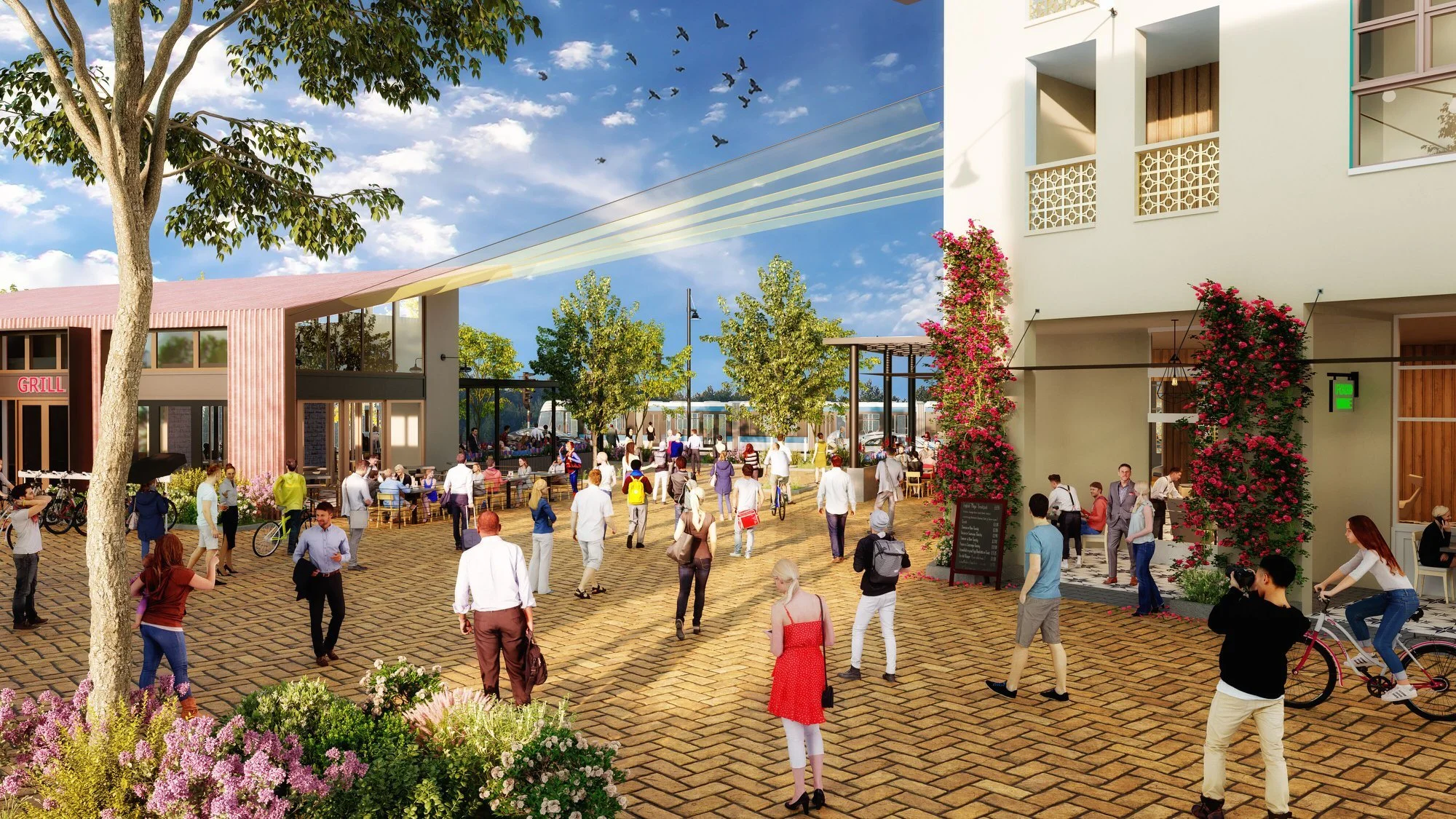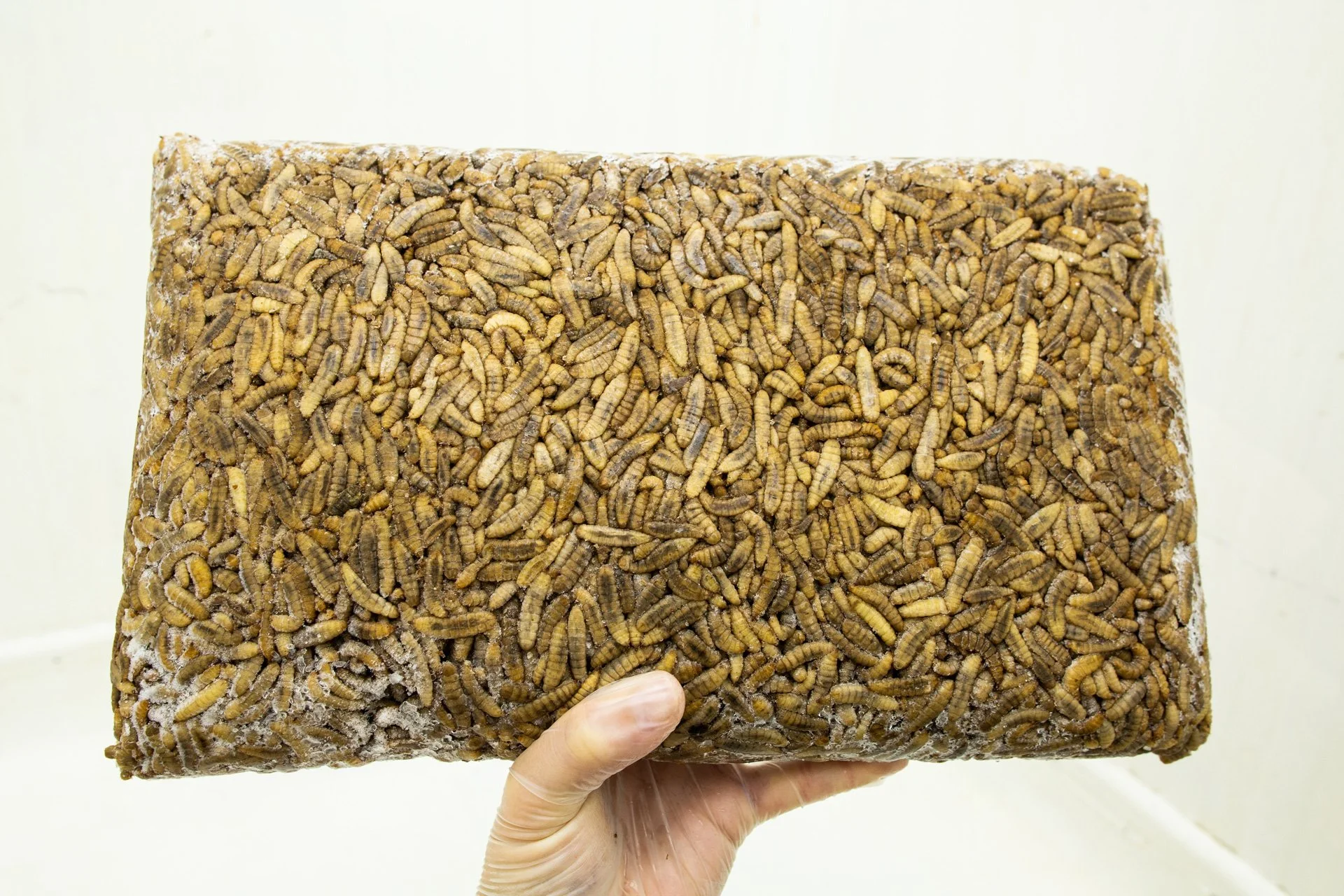Culdesac — for reimagining our cities
Culdesac offers a blueprint for modern developers and cities to break habits that are strangling so many of us.
The average inhabitant of Los Angeles wastes 119 hours per year sitting in traffic according to a study by Texas A&M. That’s not their total commute, that’s just the time they sit there. It’s the worst city in the world for it, but there are plenty of other culprits whose citizens pay for the right to be sat behind the wheel, wishing they were somewhere else.
At the same time, AAA estimates that automobile ownership costs on average $8,649 per year, or about $709 per month. Additionally, 38,000 people die every year in auto accidents on US roadways, plus 200,000 Americans are estimated to die each year from the associated air pollution.
We are a global civilization that, with a few notable exceptions, has become entirely enslaved by the automobile. When the car was a luxury good, and the roads were empty, the car may have been the liberator most car advertising tends to portray it as, but for now, it just clogs the world around us. When the historians of the future look back at us, this period will be known as the Oil Age, and they’ll laugh at how we became so entrapped by the internal combustion engine.
While electrification and automation can help with some of the sins of the automobile, the fix for this may come outside of four wheels. Cities have to invest in public transport and create hubs of more densely populated shared space, where people can live, work, shop and enjoy themselves without the need for a car.
“Where the public sector has struggled to make headway, a private developer is reimagining the type of cities we want to live in. ”
But local governments in the US have been constantly thwarted by NIMBYism or cries of “socialism” whenever investments to move away from the auto-stranglehold are tabled.
Enter a challenger brand — Culdesac. Where the public sector has struggled to make headway, a private developer is reimagining the type of cities we want to live in. Where we tend to try to solve these problems at a macro level, Culdesac is trying to offer an alternative to the automobile two or three city blocks at a time.
Opening in Tempe, Arizona in 2021, Culdesac is “The first car-free neighborhood built from scratch in the USA”. The location is no mistake. Tempe is a suburb outside of Phoenix, known as “the world’s least sustainable city”, or as King of the Hill once called it “a monument to man’s arrogance”. Temperatures in the desert city regularly reach 40C/104F. It has the second-lowest “walkability” score of any major US city.
And into this mess, Culdesac is dropping an alternative - a chance for people to zag against the car culture that dominates the rest of the country. While Culdesac offers much of what a large apartment community might (communal spaces, bbq’s, pools etc.), it has also thought intelligently about how to ensure that the car becomes entirely obsolete. Restaurants, retail and co-working spaces are all part of the development. Shared bikes and scooters and a connection to the city’s light rail ensure that being car-free doesn’t mean being stuck.
To many of us living in densely populated cities like London or New York, this may all sound incredibly obvious. But the USA is a country that thinks “car first”. Dave Roberts from Vox.com describes how “Americans think of cars like fish think of water… we’ve never thought it could be otherwise”... and offering a challenge to that might be a lightbulb moment.
If Culdesac can offer a compelling alternative in microcosm, and it can meet its ambitions of creating car-free neighbourhoods around the country, it might start a blueprint for modern developers and cities to break habits that are strangling so many of us.





















